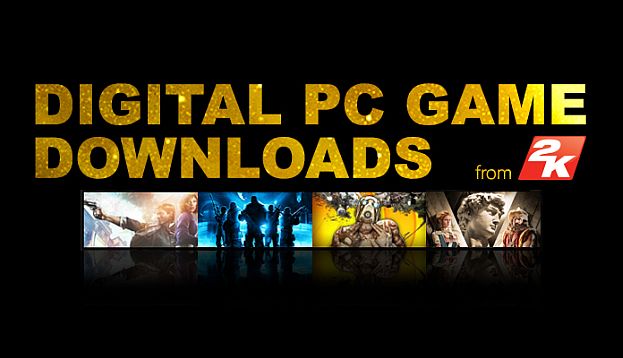It’s been a long time since PC games occupied a substantial part of retail store shelves. When was the last time you bought a PC game on disc? Or even saw one in a store? Now there’s hard evidence to go with what you suspected: PC games are mostly sold via downloads these days.
Analyst firm DFC Intelligence, speaking with British tech site PCR, disclosed that fully 92 percent of all PC game sales in 2013 came from digital downloads. This won’t be a surprise to all of the inveterate Steam users out there, and the numbers are confirmed from other sources as well. Last year Payday 2 publisher Starbreeze reported that 80 percent of its 1.58 million first-month sales came from downloads.
Of course, this also takes into account the fact that many extremely popular games that are only available as downloads, such as League of Legends, DOTA 2, and World of Tanks.
This represents a tremendous growth in digital full game downlaods over the past few years, when you consider that as recently as 2010 analyst firm NPD estimated that only 48 percent of PC game sales came from digital downloads.
The trend is driven by several factors. Increasing bandwidth in homes has made full game downloads more practical. Shrinking shelf space at retail was being devoted increasingly to console games. Perhaps most importantly, the increasing popularity of Steam (now with 75 million users ) and other digital download services made it easy to find titles both old and new – and to get tremendous deals on those games, too. Finally, many of the most popular PC games in recent years have been free-to-play games that are driven by microtransactions, and their popularity has been pushing those games out to huge numbers of people.
Meanwhile, consoles are still behind in the digital full game download trend. Electronic Arts reported that only some 10-15 percent of console games are full digital downloads. Analyst firm EEDAR estimated that less than 20 percent of console games are currently sold as digital downloads, though they see that rising to 50 percent by 2018.
Source: Ars Technica

